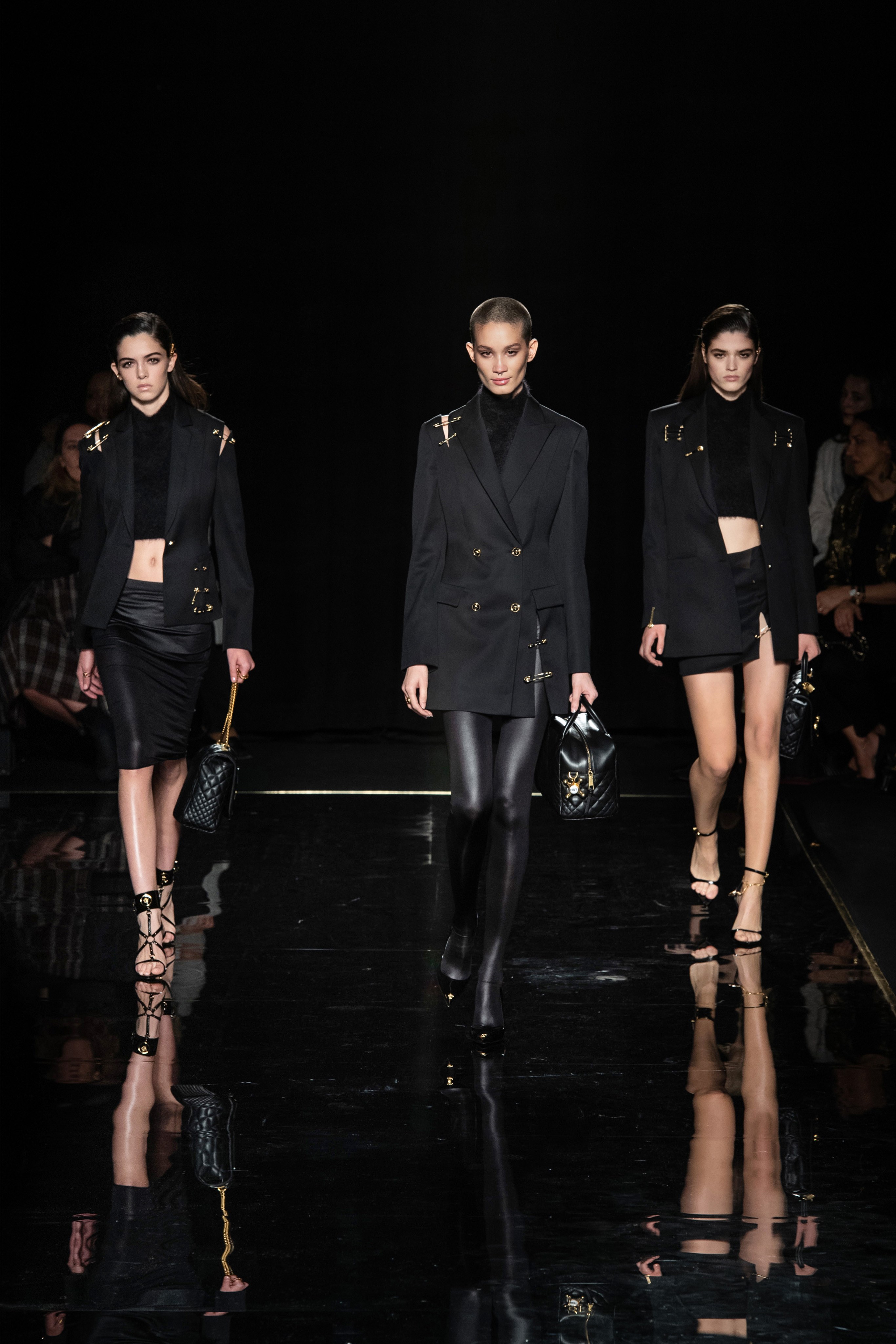
On September 25, 2018, Vogue reported that Michael Kors had purchased Versace. The American fashion company had agreed upon a $2.1 billion deal to buy the luxury Italian fashion house currently helmed by Donatella Versace. In a statement announcing the deal, John D. Idol, Michael Kors CEO, said that “With the full resources of our group, we believe that Versace will grow to over $2 billion in revenues.” Meanwhile, Donatella Versace said that “We are all very excited to join a group led by John Idol, whom I have always admired as a visionary as well as a strong and passionate leader.” Donatella also stated that this acquisition is “essential” to Versace’s long-term success and that her passion “has never been stronger.”
The comments from Idol and Versace are as emphatic as expected, but they haven’t entirely offset doubts and concerns by fans of both brands. After all, Michael Kors is known for its sportswear fashion while Versace is an Italian luxury designer. On paper, they go together like oil and water, but could the deal actually be quite successful for the companies involved?
How the Versace Acquisition Benefits Michael Kors
Given that the company behind Michael Kors (which has now been renamed to Capri Holdings) has just put down $2.1 billion, it’s understandable that most will be concerned with how it will make that money back and why it offered up so much money in the first place.
To understand why, you need to look a little further back, to July 2017, when it was announced that Michael Kors would be buying Jimmy Choo. Business of Fashion reports that Michael Kors spent $1.2 billion on the Jimmy Choo acquisition and, at the time, Idol explained that this is because “We are creating a global luxury fashion group. Our focus is on international fashion luxury [brands] that are industry leaders.” The Versace purchase also follows this line of thinking.
The acquisition also allows Michael Kors to better appeal to the urban market, says Forbes. Versace is the go-to brand for fashionable urban musicians such as Migos’ Offset and his fellow Migos members, who wear the company’s splashy threads in order to really stand out and impress. The rap trio even made a song titled “Versace,” the official video of which racked up 30 million views on YouTube. Offset is also one half of rap’s most fashionable couple, with Cardi B, and the pair have 45.4 million Instagram followers, showing their huge influence in the space.
Likewise, Versace has also inked deals with rapper (and the creator of the Dabbing Santa sweaters), 2Chainz. While it’s unclear how many units of the sneakers (called “Chain Reaction”) have been sold, they did get everyone talking about Versace and the forward-thinking collaboration. If Versace is able to continue to pursue these sorts of partnerships, new majority shareholders Michael Kors could reap the benefits.
Why Did Versace Accept This Deal?
Things may seem a little less clear when you consider why Versace accepted this deal. But it has a lot to do with not wanting to miss out. Yahoo made a terrible decision in turning down Microsoft, says Betway in its report about the worst business decisions ever made, and Versace won’t want to make the same mistake. Microsoft offered Yahoo a staggering $44.8 billion to buy the company in 2008 but co-founder Jerry Yang turned it down. Yahoo is today worth just $32 billion and will likely never get an offer as good as that again. Versace is in a similar boat with its own finances, as, like Yahoo, it has fallen from its peak in the 90s and only returned to profitability in 2017, says CPP Luxury in a report from July 2018. The brand posted a loss during the 2016 financial year.
By waiting for a better, more lucrative offer to come along and hedging its bets that its urban appeal would be able to coax a new buyer would be a huge risk for the Italian fashion house. Whereas Michael Kors is allowing Versace to continue business as usual, using its current dealings in luxuries, accessories and leather goods to bolster its business, a different investor may not be so lenient and may want to restructure.
It’s still early days for this deal yet, meaning that a lot could change as the two businesses develop over the next few months and years. But, right now, this business deal seems to make a whole lot of business sense.
